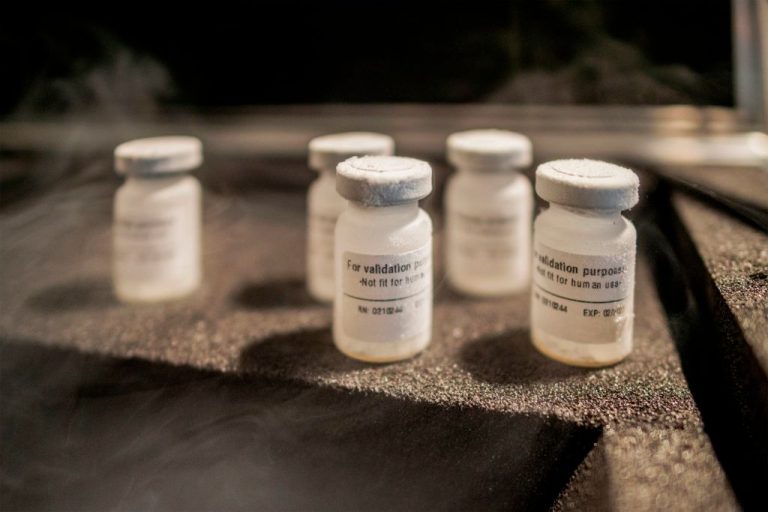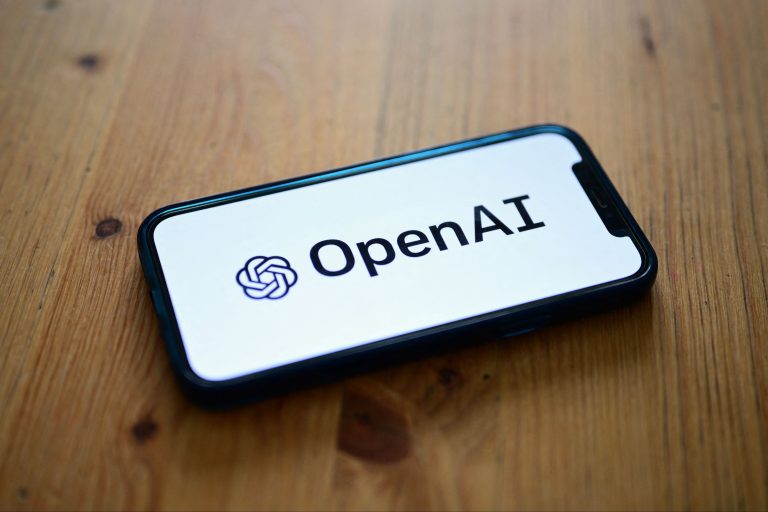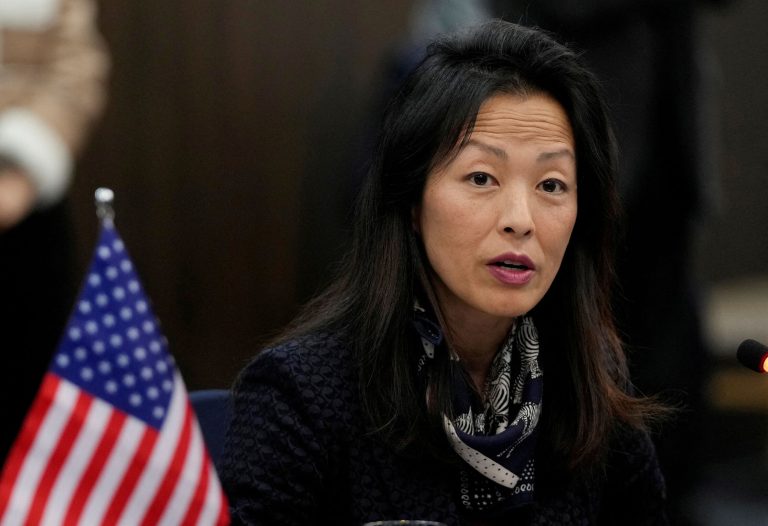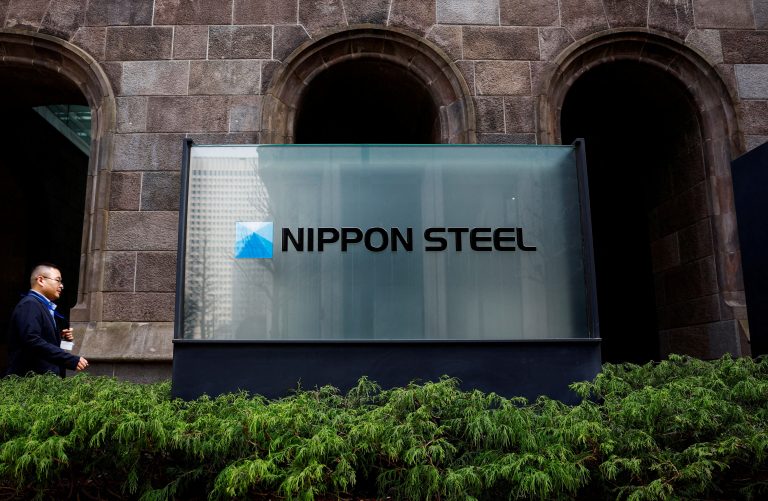A German Red Cross nurse injected more than 8,500 people with saline solution instead of COVID-19 injections, according to reports.
The news came as Sven Ambrosy, District Administrator for the Social Democrat Party in Lower Saxony, Germany, announced on Facebook that as many as 8,600 people who rolled up their sleeves for a COVID vaccination received a dose of the saline solution instead.
Ambrosy encouraged those affected to seek an additional dose from the state health department, noting as many as 3,600 people had already signed up.
According to an English translation of a report by German media Der Spiegel, the unidentified nurse was caught drawing saline, rather than coronavirus vaccine, into six syringes, alleging it was to cover her tracks after dropping a vaccine ampoule. Although the woman claims it was an isolated incident, authorities are regarding all injections she administered as counterfeit.
“The suspect only let her lawyers tell that there were no other days besides the six admitted cases on which the vaccine was ‘not administered in the prescribed amount’,” reads the translation. “The public prosecutor’s office is still investigating the woman on suspicion of dangerous bodily harm.”
Success
You are now signed up for our newsletter
Success
Check your email to complete sign up
Ambrosy told the outlet, “According to witness statements and the unambiguous risk assessment by the police, we cannot rule out that other people were vaccinated with saline solution while the suspect was on duty.”
“Because of the silence of the accused, we cannot say with certainty how many people are really affected. That makes things so monstrous: 8.7 percent of the population in our district are potentially affected by the unclear situation.”
Ambrosy said the call for all of the nurse’s patients to accept an additional dose of vaccine was “purely a precautionary measure in the context of danger prevention,” claiming an extra dose “safely protects” and has “no other disadvantages.”
The accused operated from the Schortens vaccination center, operated by the Jeverland District of the German Red Cross, and was employed as a registered nurse. Ambrosy said, “As far as I know, she had a certificate of good conduct without any entries.”
As a further safety precaution, Ambrosy says all nurses in Lower Saxony will now have to fill syringes under the observation of another set of eyes, which he recommends become policy nationally.
According to a report by Reuters, the nurse’s motive “was not clear but she had aired sceptical views about vaccines in social media posts, police investigators said,” adding the investigation was being handled by a “special unit that investigates politically motivated crimes.”
A spokesperson for Lower Saxony’s COVID-19 response team claimed the nurse was “motivated to oppose the vaccination,” and added, “since she remains silent with police, we do not know whether and to what extent she was manipulated during this period.”
In Pakistan, a mandatory vaccination push in the Province of Sindh that would see its almost 48 million citizens lose cell service, the right to work, and access to markets unless they accepted an injection saw a rise of counterfeit vaccination certificate rings emerging in the nation’s government-run hospitals.
State employees were hawking the certificates, complete with national computer database updates, for between 2,000 and 10,000 rupees each. Several arrests were made.
In March, a mainland Chinese-based counterfeit vaccine ring was busted by INTERPOL in South Africa with 400 ampoules, approximately 2,400 doses, of saline solution posing as OEM vaccines for distribution.
Reports from Communist Party official media outlet Xinhua said police in Beijing and Jiangsu had found one counterfeit manufacturing ring that had been in operation since at least September of 2020. The alleged ringleader had researched ways to accurately copy the packaging designs of authentic vaccines and had pushed at least 58,000 doses out the doors.
In February, Mexican officials arrested several individuals involved in a scheme where counterfeit vaccines were being sold out of a private clinic in Monterrey for 40,000 pesos ($1,900 USD) per jab.
In July, 14 people were arrested at a private hospital in India for administering saline injections with fake vials and syringes while issuing fraudulent vaccine certificates. Doctors and medical professionals were involved in the scheme, charging $10 to $17 USD per injection.
The veil was lifted on the scheme when multiple people who took the injection all noticed they suffered no side effects.















